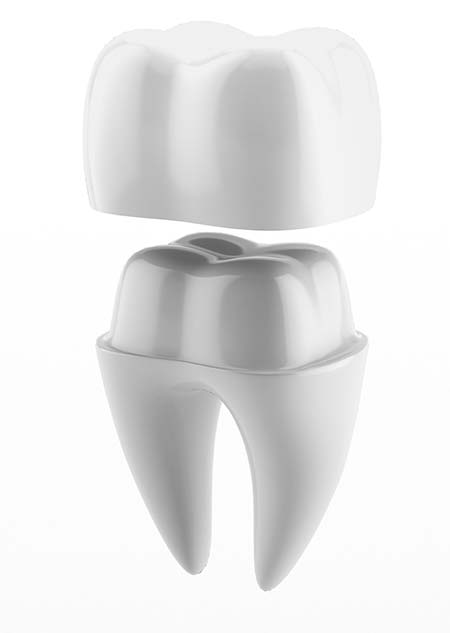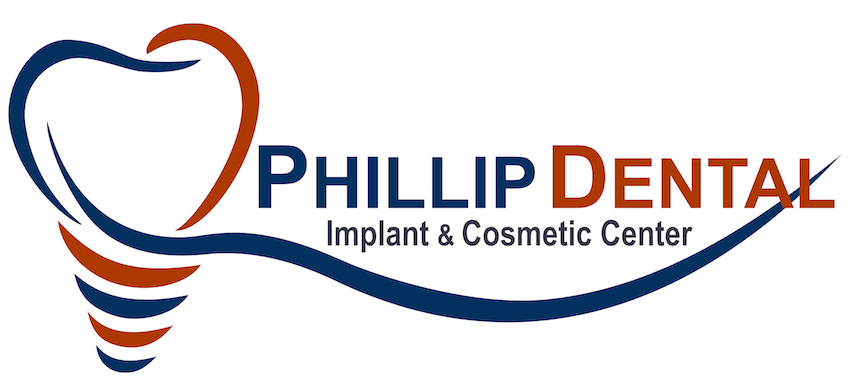
Crowns are ideal for people seeking a natural appearance by replacing a missing tooth or strengthen a weakened tooth. A dental crown is a dental material that is applied over the crown of the tooth to provide it with protection and support.
What are the benefits of Restoration Crowns?
Crowns serve a wide range of purposes. They can strengthen broken down or weakened teeth, help restore them to their original contour, fill spaces in our smiles, help bring teeth forward, improve the appearance of stained and discolored teeth and support bridges that are replacing missing teeth.
How does the process of Restoration Crowns work?
Prior to a tooth being restored with a crown, we need to build a strong foundation on the remainder of the tooth being capped. The foundation will strengthen the tooth and ensure the crown is well-retained. The foundation is often called a “Core” and may be manufactured from a range of materials. It could be a bonded filling or a glass-fibre post. It may also be a cast gold post produced in a lab. You will normally only need a post if there is only a small amount of structure remaining. We may need to provide root canal therapy if the dental nerve is inflamed.
After the foundation has been created, we can prepare the tooth for the crown. We can then create a model of the prepared tooth. Crowns can be ceramic, porcelain, gold or made from base metal alloys. Ceramic crowns are a great match for the front of the mouth and offer a very natural appearance. They are made from tooth-colored porcelain. Porcelain fused to metal offers an extremely strong bond because of the metal structure and is remarkably durable. Gold alloys feature a fusion of copper, gold and other metals and offer a strong bond to the tooth. They won’t wear the tooth itself away and won’t fracture. Base metal alloys may be ideal if you don’t have much healthy tooth left. The crowns are made from non-noble metals that are extremely resistant to corrosion.
Who gets Restoration Crowns?
Crowns are ideal for people wishing to restore their teeth. Those seeking a natural appearance may be best served by most porcelain-based crowns, while people who require extra durability may wish to opt for gold or metal alloys. Porcelain fused to metal is also known for its durability. Porcelain crowns may aggravate other teeth if other surfaces become rough, whilst the gold and metal alloys have a lesser effect on other teeth. Crowns can last for the rest of your life if they are maintained properly. Talk to us today to find out more about our crown restorations.



